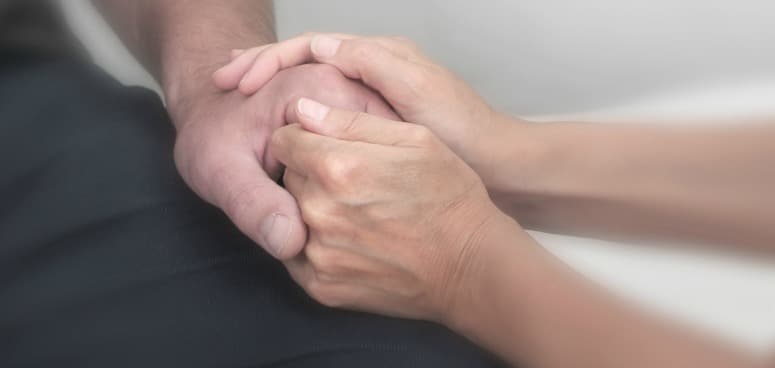For those who have successfully completed a substance abuse treatment program, it’s an extraordinary achievement. Addiction treatment requires hard work and brutal honesty. It’s the first major step on the road towards independence from drugs and alcohol. The next step requires even more dedication and determination: recovery. Building strong skills in relapse prevention is essential to maintaining long-term sobriety and a life free from addiction.
- What does AA say about relapse?
- What are some skills for preventing relapse?
- What is relapse prevention in recovery?
- At what point do most people relapse?
- Is a slip the same as a relapse?
What does AA say about relapse?
Published in 1939, Alcoholics Anonymous (AA), also known as the “Big Book,” defines the AA alcoholism recovery program and philosophy. Regarding relapse, Chapter 5 asserts, “Those who do not recover are people who cannot or will not completely give themselves to this simple program, usually men and women who are constitutionally incapable of being honest with themselves.” The tenets of AA teach that people dependent on alcohol must become rigorously honest, admit that they’re addicts, and accept and surrender to the idea that their way isn’t working. AA recognizes that getting and staying sober isn’t easy, so this program provides a roadmap for long-term recovery that has worked for millions of people.
What are some skills for preventing relapse?
Recovery from drugs or alcohol is a process of personal growth with developmental milestones. At any stage of recovery, there is a risk of a physical or emotional relapse, so it’s crucial to make your physical and mental health a priority.
Some effective skills to prevent relapse include:
- Maintain self-care
- Build a support system of family members and friends
- Practice mindfulness
- Know your triggers
- Join a support group
- Practice deep breathing techniques
- Create an emergency contact list
What is relapse prevention in recovery?
A relapse prevention plan is an essential part of any treatment program for substance abuse disorders. Relapse recovery involves a complex interplay of environment, history, thoughts, and behaviors. Developing coping strategies plays a vital role in a successful outcome, especially early in recovery when the risk of relapse is highest.
Relapse prevention strategies developed in recovery treatment may include:
- Building awareness around the potential negative consequences of high-risk situations
- Helping to develop and expand a repertoire of coping skills that address specific triggers that led to substance abuse
- Learning techniques of how to communicate with others when offered drugs or alcohol
- Planning for “emergencies” or unexpected situations when an intense struggle occurs to use drugs or alcohol
- Reinforcing the confidence in the ability to abstain from substance use, even in the face of challenging situations
- Finding alternative ways of thinking, sometimes called “cognitive restructuring,” to identify negative thoughts and develop healthier behavior patterns
At what point do most people relapse?
The recovery process can be a precarious tight-rope walk until you gain momentum, balancing your relapse prevention skills. Most research shows that the first year of sobriety has the most risk–approximately 30% of people have a relapse. However, with each year of sustained sobriety, the percentages significantly decline. After five years in recovery, the percentage drops to a range of approximately 7-15%. It’s important to remember that the threat of relapse is always present. For this reason, a recovering alcoholic or drug addict should stay involved in post-care support groups like AA to stay focused on sobriety.
Is a slip the same as a relapse?
Slip and relapse are two terms that will often be discussed with people in treatment. They can sometimes be used interchangeably, so it’s easy to get confused. To determine the difference, consider the intention. For example, a slip could be an accidental or unplanned use of drugs or alcohol, but relapsing is a complete and intentional abandonment of your recovery plan. If you’ve slipped a few times, this doesn’t mean you’ve relapsed; however, slips can easily lead to relapses without proper intervention.
Relapse Prevention with Into Action Recovery
If you or a loved one needs help overcoming addiction, we’re here to get you started on your journey to life-long sobriety.
Our alumni program allows those who graduate from our recovery process to stay connected in a safe environment to help and support one in another in ongoing sobriety.
Call us today at 844-303-3969 to schedule an appointment or learn more about our programs.



